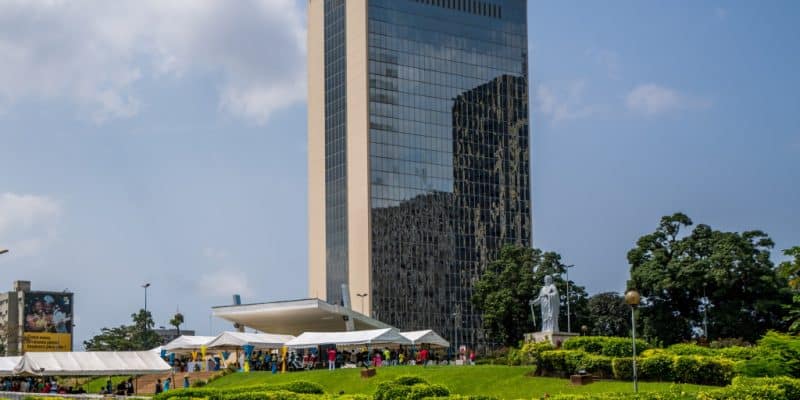Faced with the poor management of waste and global warming that do not spare the Autonomous District of Abidjan in Ivory Coast, a sanitation initiative implemented by civil society will allow the transformation of 13 Ivorian councils.
In Ivory Coast, Abidjan is on its way to becoming an ecological city. The project “Abidjan, green city of Africa, pollution-free city” was recently launched in the council of Yopougon, the most populated in this West African country with 1 million inhabitants. The initiative, led by the Tapé Trepeba Juliette Moses Foundation in partnership with the local authorities, aims to clean up and create green spaces in the Ivorian economic capital.
The operation, which has recruited 1,100 young volunteers, will make it possible to “rid the main streets, roundabouts and major intersections of the illegal dumps and rubbish that make Abidjan unhealthy,” explains Meil Kouamé, the executive director of the Tapé Trepeba Juliette Moses Foundation. In addition to collecting waste and distributing modern bins, the team also relies on door-to-door campaigns to raise awareness of environmental protection among Abidjan residents.
The “Abidjan, green city of Africa, pollution-free city” project will also be implemented in the councils of Abobo, Adjamé, Anyama, Attécoubé, Bingerville, Cocody, Koumassi, Marcory, Plateau, Port Bouët, Songon and Treichville. At the same time, the “green cities” initiative of the Food and Agriculture Organization of the United Nations (FAO) is in full swing in Ivory Coast.
Read also-AFRICA: A coalition is born to promote sustainable urban transport
The UN agency will provide $50,000 (25 million CFA francs) for reforestation projects and the development of agroecology through the sustainable cultivation of vegetables in 14 Ivorian communes affected by the effects of climate change. In Abidjan and Yamoussoukro, the FAO’s “green cities” initiative will also create at least 60 000 sustainable jobs for young people.
Benoit-Ivan Wansi






